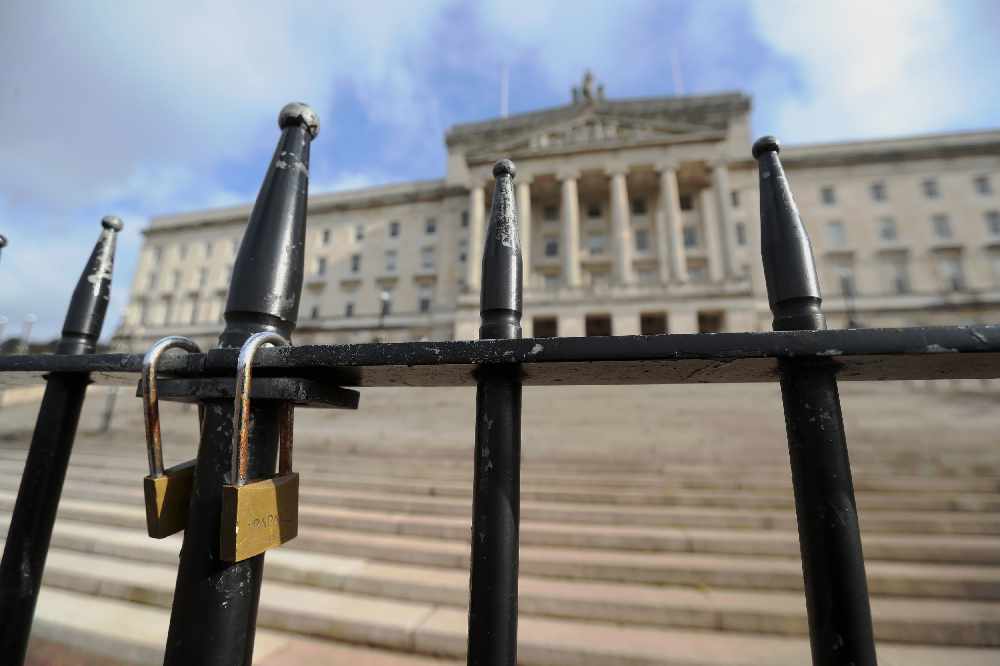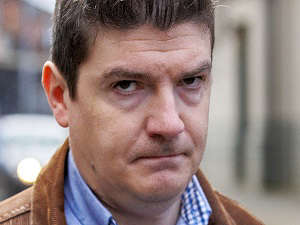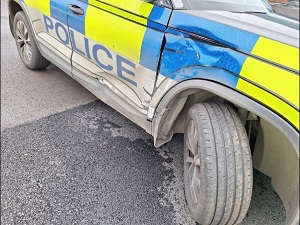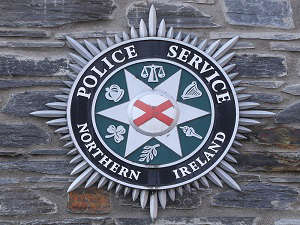
David Young (PA)
The Northern Ireland Secretary will hold talks with Stormont leaders later amid continuing uncertainty over whether he intends to call an election in the region.
Chris Heaton-Harris failed to set a date for a new poll last Friday, despite repeatedly indicating he would so the minute a legislative deadline for calling the poll passed.
The 24-week deadline for forming a functioning power-sharing executive in Belfast following May’s election ran out at midnight on Friday.
Once the deadline passed, the UK Government assumed a legal responsibility to call a fresh election within 12 weeks.
A DUP boycott of the devolved institutions – in protest at Brexit’s Northern Ireland Protocol – has prevented an administration being formed in the wake of May’s poll.
On Friday, Mr Heaton-Harris insisted he still intends to call an election but did not set a date, prompting Northern Ireland’s chief electoral officer, Virginia McVea, to apologise to election workers who are on standby to assist on the basis polling day will be December 15.
The Secretary of State said he will say more about an election this week after holding talks with the local parties – meetings which are scheduled to take place at the Northern Ireland Office in Belfast on Tuesday.
He also indicated he would potentially take action to cut MLAs’ pay.
But doubts remain around whether Mr Heaton-Harris will outline an election timetable to the parties during Tuesday’s meetings.
Asked whether the Northern Ireland Secretary would be providing an update on the election during the talks with local politicians, a Downing Street spokesman said on Monday: “I’m not aware of any plans for that during those visits. The rules are the date needs to be announced as soon as reasonably practicable.”
The DUP says it will not return to power-sharing until decisive action is taken to remove the protocol’s economic barriers on trade between Great Britain and Northern Ireland.
The Government has vowed to secure changes to the protocol, either by a negotiated compromise with the EU or through proposed unilateral domestic legislation, the Northern Ireland Protocol Bill, which would empower ministers to scrap the arrangements without the approval of Brussels.
The European Commission says the latter approach would breach the terms of an international treaty and potentially prompt retaliatory action.



 O’Neill lays wreath at Cenotaph in Belfast on Remembrance Sunday
O’Neill lays wreath at Cenotaph in Belfast on Remembrance Sunday
 Former Sinn Fein press officer jailed for child sex offences
Former Sinn Fein press officer jailed for child sex offences
 Mixed reaction from Northern Ireland’s political leaders to Trump presidency
Mixed reaction from Northern Ireland’s political leaders to Trump presidency
 Two police officers injured after car rammed
Two police officers injured after car rammed
 Pipe bomb attack on house ‘could have killed or injured’ – police
Pipe bomb attack on house ‘could have killed or injured’ – police